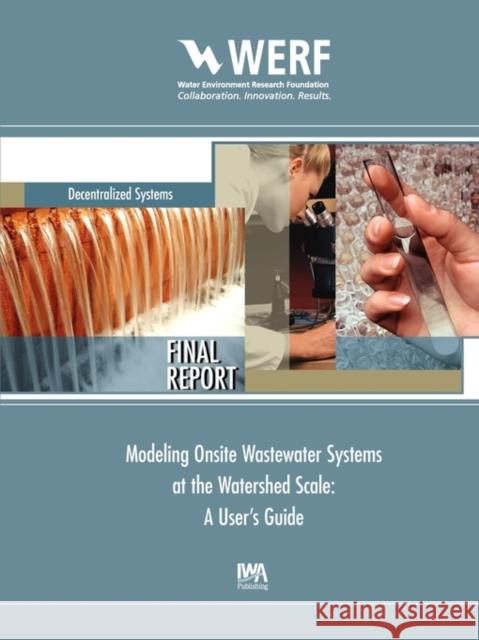Modeling Onsite Wastewater Systems at the Watershed Scale: A User's Guide » książka
Modeling Onsite Wastewater Systems at the Watershed Scale: A User's Guide
ISBN-13: 9781843395287 / Angielski / Miękka / 2009 / 242 str.
The purpose of this User's Guide is to provide guidance on modeling watershed-scale problems associated with decentralized wastewater-treatment systems (DWTS), with a particular focus on onsite wastewater systems (OWS). The guide focuses on modeling transport and fate of the nutrients nitrogen (N) and phosphorus (P) because these are the most common OWS constituents of concern, and because these pollutants are regulated in surface waters (N and P) and in ground water (N). However, limited but useful information is also provided regarding the modeling of organic wastewater contaminants, such as pharmaceuticals, pesticides, and other household products. It provides some general information on modeling bacterial pollutants.
The guide can be used by decision makers to determine whether relatively simple screening models (presented in Appendix A) are sufficient for use in the decision-making process, or if sophisticated models (presented in Appendix B) are more appropriate. The document provides guidance about the type of model that should be used for particular scenarios, and the data requirements for model implementation. The guide is also useful to modeling experts by providing guidance on important issues such as conceptual-model development, mathematical-model selection, modelsensitivity analyses, model uniqueness, and calibration. Finally, the guide provides some real-world and hypothetical case studies that can demonstrate the usefulness of using watershed-scale models, and provide templates for certain common scenarios relevant to the decentralized wastewater treatment community.











